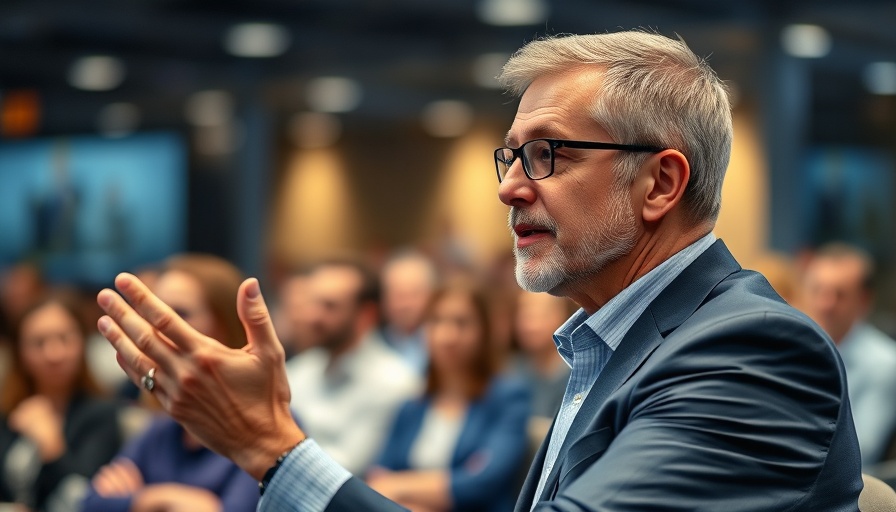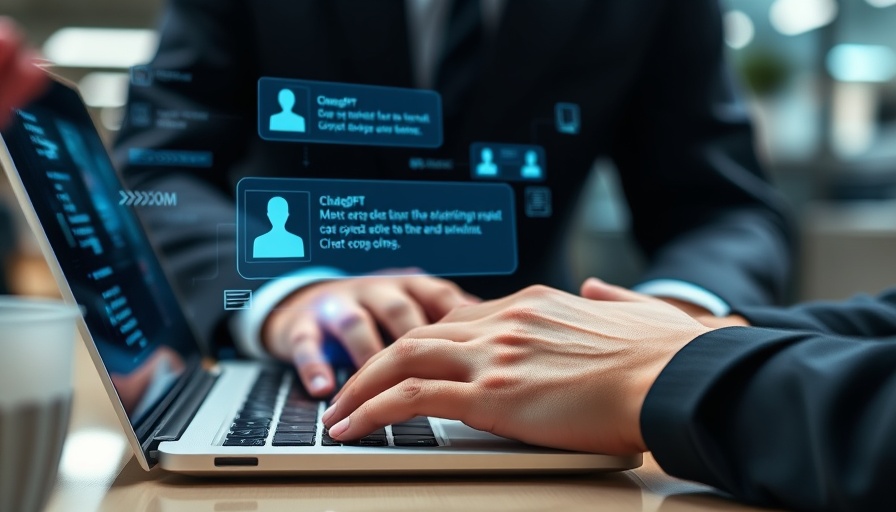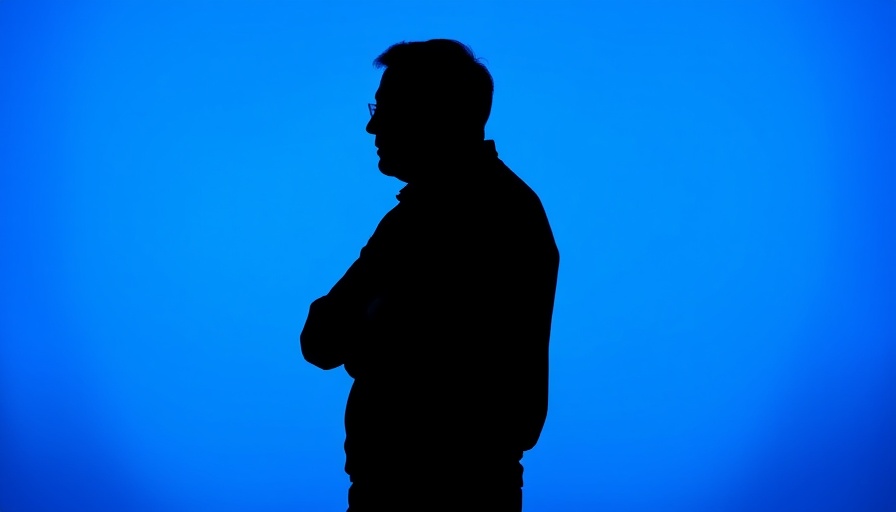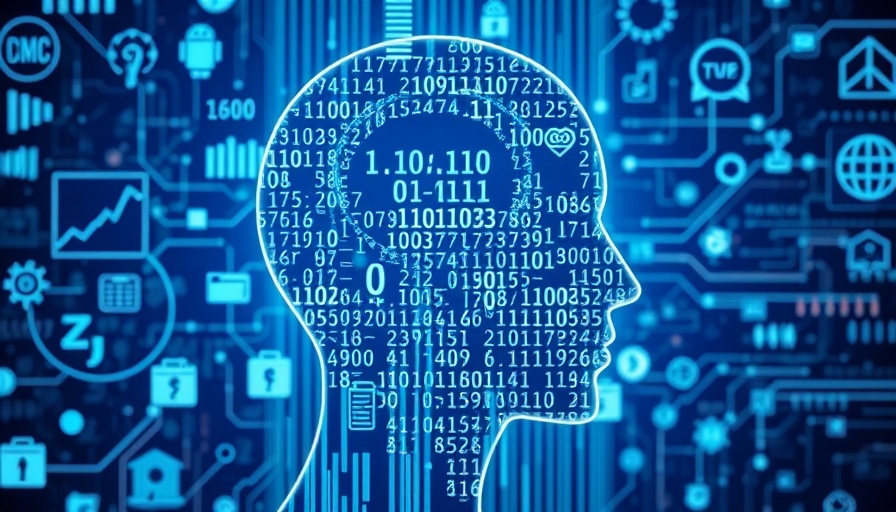
AI’s Viral Moment: The Studio Ghibli Connection
OpenAI’s latest AI image generator has sent waves of excitement through social media, especially among fans of Studio Ghibli, renowned for its enchanting animation like "My Neighbor Totoro" and "Spirited Away." In just 24 hours after its release, Twitter feeds exploded with AI-generated images mimicking the whimsical style of Ghibli films. Even high-profile users, including OpenAI’s CEO Sam Altman, joined in, showcasing AI renditions of popular figures in Ghibli style. These rapid viral moments raise crucial questions surrounding copyright in an era dominated by generative AI.
Legal Gray Areas: Understanding Copyright Challenges
The swift impact of this technology highlights an ongoing dilemma within the realm of intellectual property. As highlighted by attorney Evan Brown, while the styles themselves may lack specific copyright protection, questions remain about how AI models like GPT-4o source their training data. Are they infringing on copyrights by processing and recreating works without adequate licensing? This contention resonates amidst multiple ongoing lawsuits against OpenAI and other tech giants like Google and Meta.
Writerly Rights: The Implications for Artists and Developers
For those in creative industries, the ability of AI to replicate the essence of artistic works poses significant concerns. Successful artists who have spent years developing their unique styles could face challenges in protecting their intellectual property. As companies develop AI-driven tools capable of generating artwork across various styles, the conversation shifts towards how to create fair compensation and credit for artists whose works feed into these algorithms.
Reflections from the Industry: Diverse Perspectives
Some advocates see this technology as an opportunity to democratize art creation, bringing Ghibli-like aesthetics to those who may not have artistic skills. Yet, this perspective raises an essential question: does this dilute the authenticity of art? The split in viewpoints varies widely in the creative community, where tradition meets technological advancement.
Turning Point: Future Predictions for AI in Creative Spaces
Looking ahead, as AI continues to evolve, scholars and legal minds must find ways to navigate and legislate this space diligently. The essence of art remains an intricate blend of inspiration and creation, with future technology perhaps redefining the boundaries of both. What might this mean for future artists, and how will they adapt in an AI-driven creative landscape?
Actionable Insights for Business Professionals
For CEOs and marketing managers, understanding these dynamics is critical. The rise of AI-generated media could indeed offer fresh avenues for creative campaigns. However, it’s vital to develop strategies that align with ethical considerations and respect for creators’ rights. Businesses need to think proactively about how they capitalize on this technology responsibly, ensuring they navigate the intersection of creativity and legal frameworks effectively.
As we delve deeper into the expanding capabilities of AI, it is imperative to keep in mind the importance of ethical considerations in digital artistry. As industry professionals, engaging in these conversations not only bolsters your brand credibility but also promotes a healthier creative economy.
 Add Row
Add Row  Add
Add 




 Add Row
Add Row  Add
Add 

Write A Comment